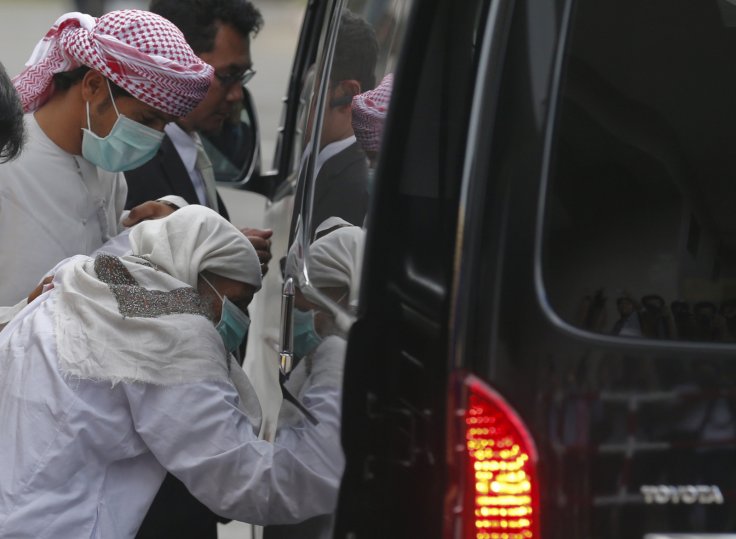
Malaysia has been warned of the outbreak of the Middle East respiratory syndrome coronavirus or (MERS-CoV). A 55-year-old Malaysian man while on a pilgrimage to Saudi Arabia from December 13 to 23, 2017, contracted the virus while visiting a camel farm in Riyadh on December 20. The man developed the symptoms on December 24 and was hospitalized in Malaysia, reports WHO.
This is the second such case of laboratory-confirmed MERS-CoV reported from Malaysia. The first case of the same was reported in 2014.
The man was exposed to dromedary camels and untreated milk, thus making him vulnerable. The Ministry of Health is keeping a strict vigilance on all the 70 individuals who have had a close contact with the case, including family members and Umrah pilgrims.
61 of them have had no symptoms, whereas the remaining nine people had mild symptoms and were kept in isolation. Samples of the nine individuals were reported negative. 41 close contacts to the case were thoroughly checked and 21 of them tested negative. Test results from the remaining 19 contacts are still pending.
The virus, according to WHO can result in high mortality among humans. Since, September 2012, WHO has reported 2,123 cases of infection with MERS-CoV in 27 countries including 740 deaths.
About the virus and how it can spread
Direct or indirect contact with dromedary camels can make one vulnerable to the virus. MERS-CoV bears the ability to spread among humans. The Middle East happens to be the primary source of the virus and spreads to other countries by means of people travelling to the Middle East or coming in contact with the carrier of the virus.
It is however not possible to detect the patients affected by the virus early, like other respiratory infections, as the early symptoms of MERS are non-specific. Standard precautions should, therefore, be applied in such cases. Contact precautions and eye protection should be taken care of when dealing with patients suffering from acute respiratory problems.
Airborne precautions should be kept in mind when carrying out aerosol-generating procedures. Awareness of the same should be created in homes to reduce household transmission of the disease.
People suffering from diabetes, renal failure, chronic lung disease, and weak immunity are at high risk. Patients affected with the MERS-CoV virus should avoid keeping close contact with people, animals, visiting farms or market areas. Also, people should avoid drinking unpasteurized camel milk and undercooked camel meat.
The Ministry of Health in Malaysia has released a set of guidelines and measures to control its spread:
- Those having the symptoms of MERS-CoV are to be kept in isolation. Asymptomatic contacts are to be kept under home isolation and should be monitored for 14 days.
- Strong surveillance of 'Influenza-like Illness' (ILI) and 'Severe Acute Respiratory Infection' (SARI) throughout Malaysia and especially of the pilgrims returning from Saudi Arabia to be undertaken.
- Enhancing the healthcare facilities, prevention and control measures.
- Providing necessary precautions and awareness to the Hajj pilgrims to prevent them from being exposed to the virus.









